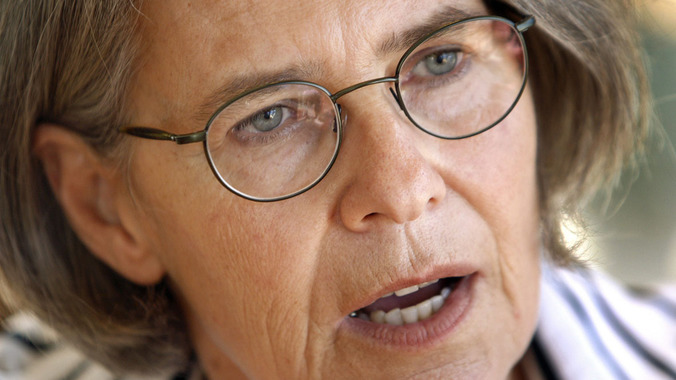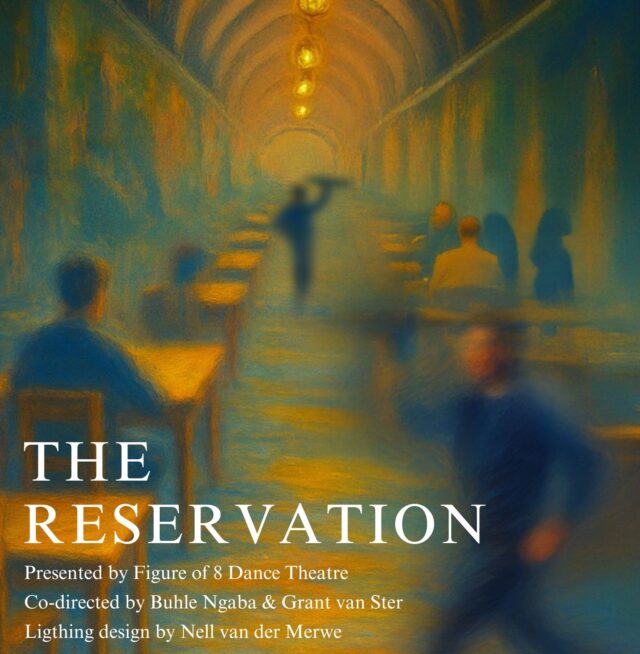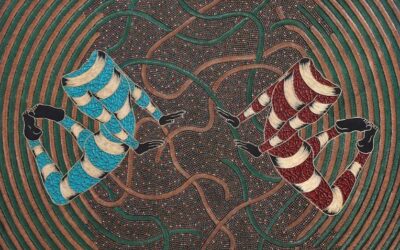Elegant and clear, Antjie Krog’s message to our youth cannot be ignored, writes Jane Rosenthal.
ANTJIE KROG AND THE POST-APARTHEID PUBLIC SPHERE – SPEAKING POETRY TO POWER by Anthea Garman (UKZN Press)
If sjamboks carried by marchers were just “symbols” until “they morphed into violent tools” as has been asserted in a recent article partly about the Open Stellenbosch march in early September, then now is the time for even those who thought they were paying attention to “Luister!” very carefully indeed.
One of the very first to ask us to listen was Antjie Krog and this book is a timely examination of her contribution to transformation and reconciliation.
There may be many young people today who do not know who Krog is, despite the fact that she is one of the nation’s great women.
As a white Afrikaner poet, radio and print journalist, and writer, she was one of the foremost public intellectuals in the 1980s and subsequent decades – a remarkably powerful and passionate voice.
For many white people, her message was too strong, too uncompromising, and far too challenging. Now, in 2015, it is good to remember that people like Krog exist and that she has had, and might still have, enormous influence.
Garman is a professor of journalism at Rhodes University and her book looks not only at the political context of Krog’s writing, but also at how she fulfils the requirements for powerful witness, with reference to public intellectual Pierre Bourdieu and others. Happily, though it may have been written mainly for academia, it can be read by the common reader too as it is clear and mercifully free of jargon.
Better than just clear, it is often really elegant. In describing the origin of her book, Garman says, inter alia, that it came out of her “own struggles as a journalist and then as an academic to understand the value of intelligent, thoughtful words put out into the public realm” – something that she herself has achieved.
If our progress to harmonious coexistence seems to be three steps forward and two steps back, at least in the case of this book it is possible to be reinvigorated by the hopefulness and good faith of the past, while we all learn how to listen, concludes Jane Rosenthal.
For full review by Jane Rosenthal of ANTJIE KROG AND THE POST-APARTHEID PUBLIC SPHERE – SPEAKING POETRY TO POWER by Anthea Garman (UKZN Press) see Mail & Guardian
PHOTO: Antjie Krog. (Yunus Mohammed, Gallo Images)






